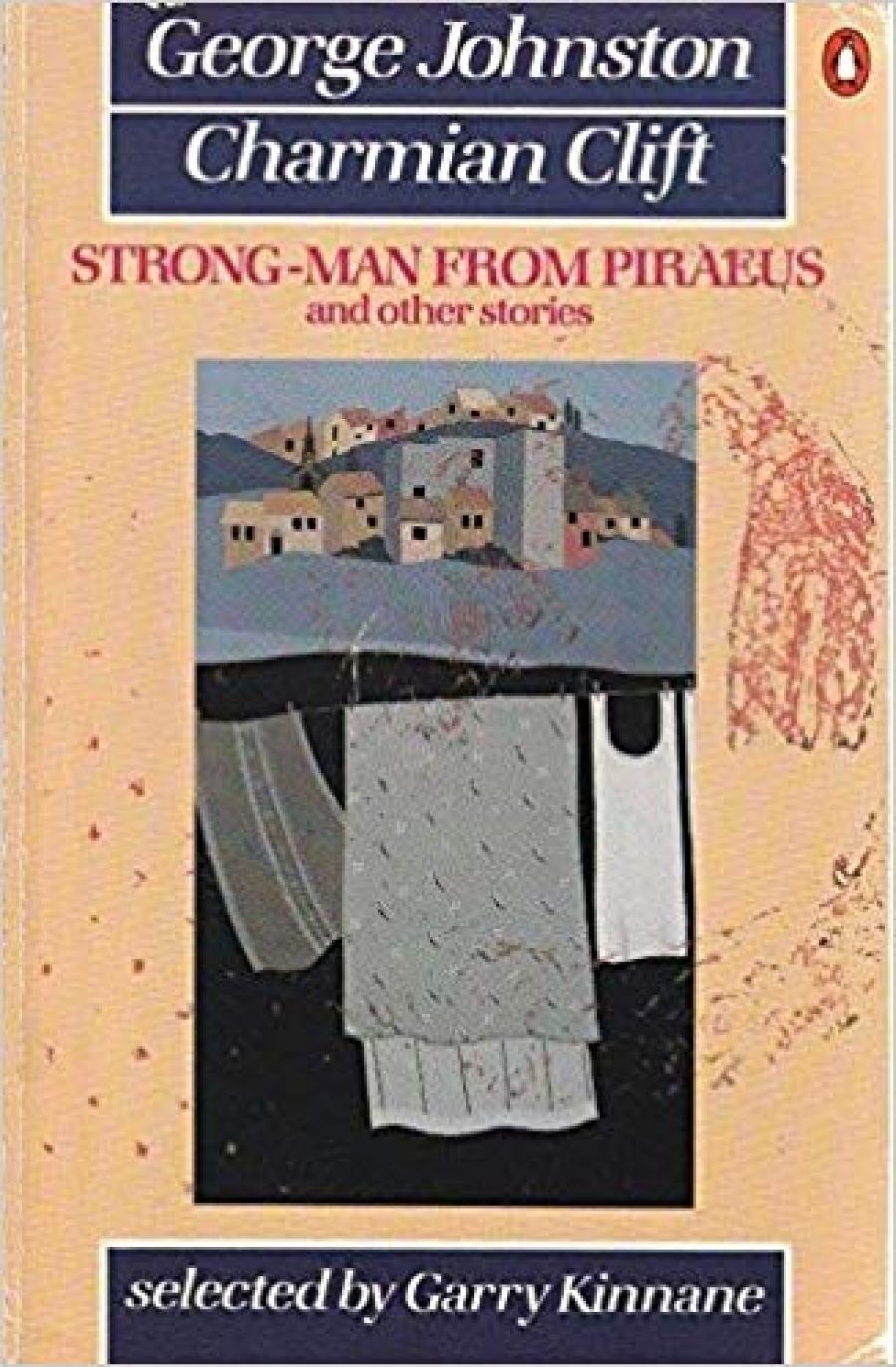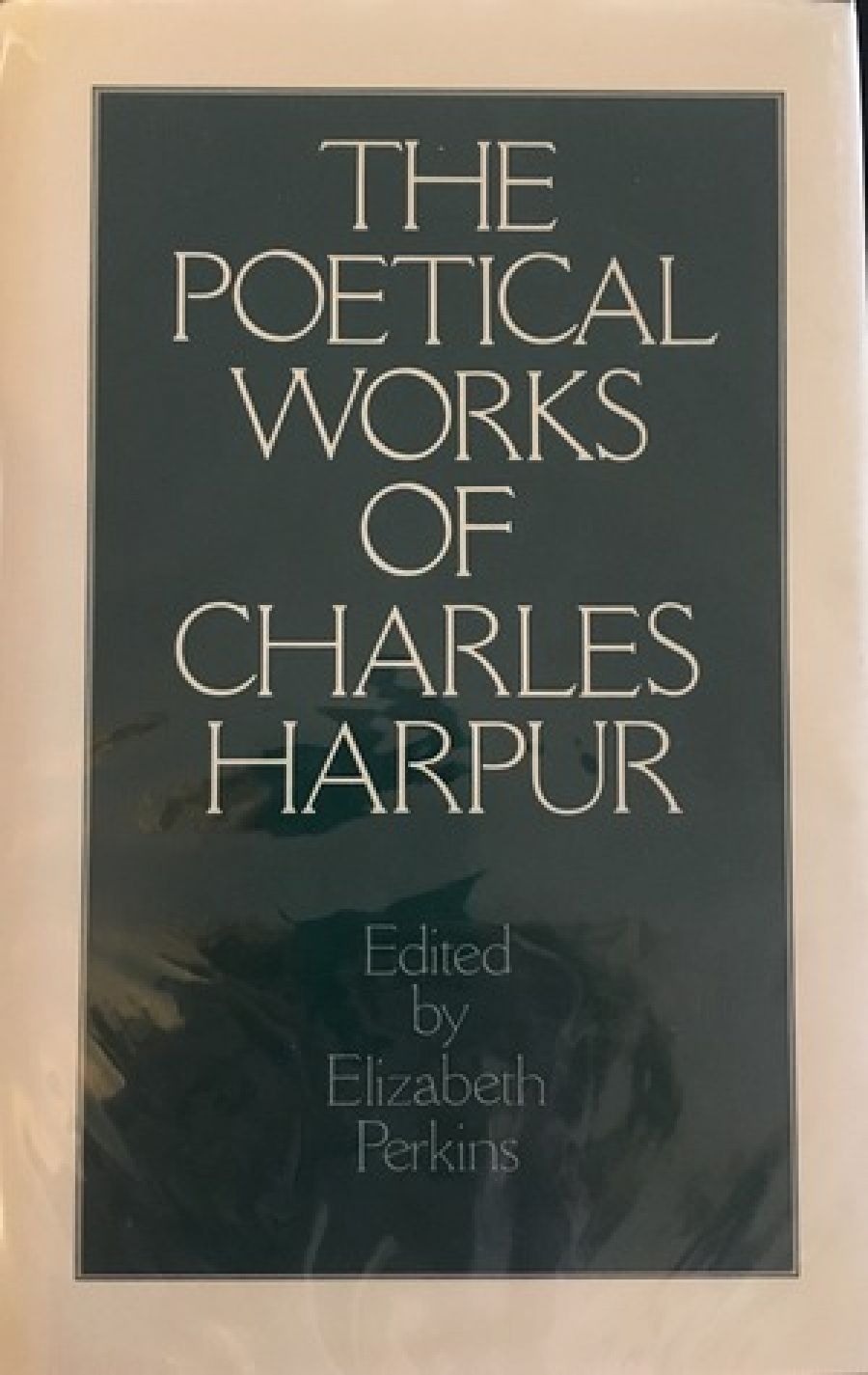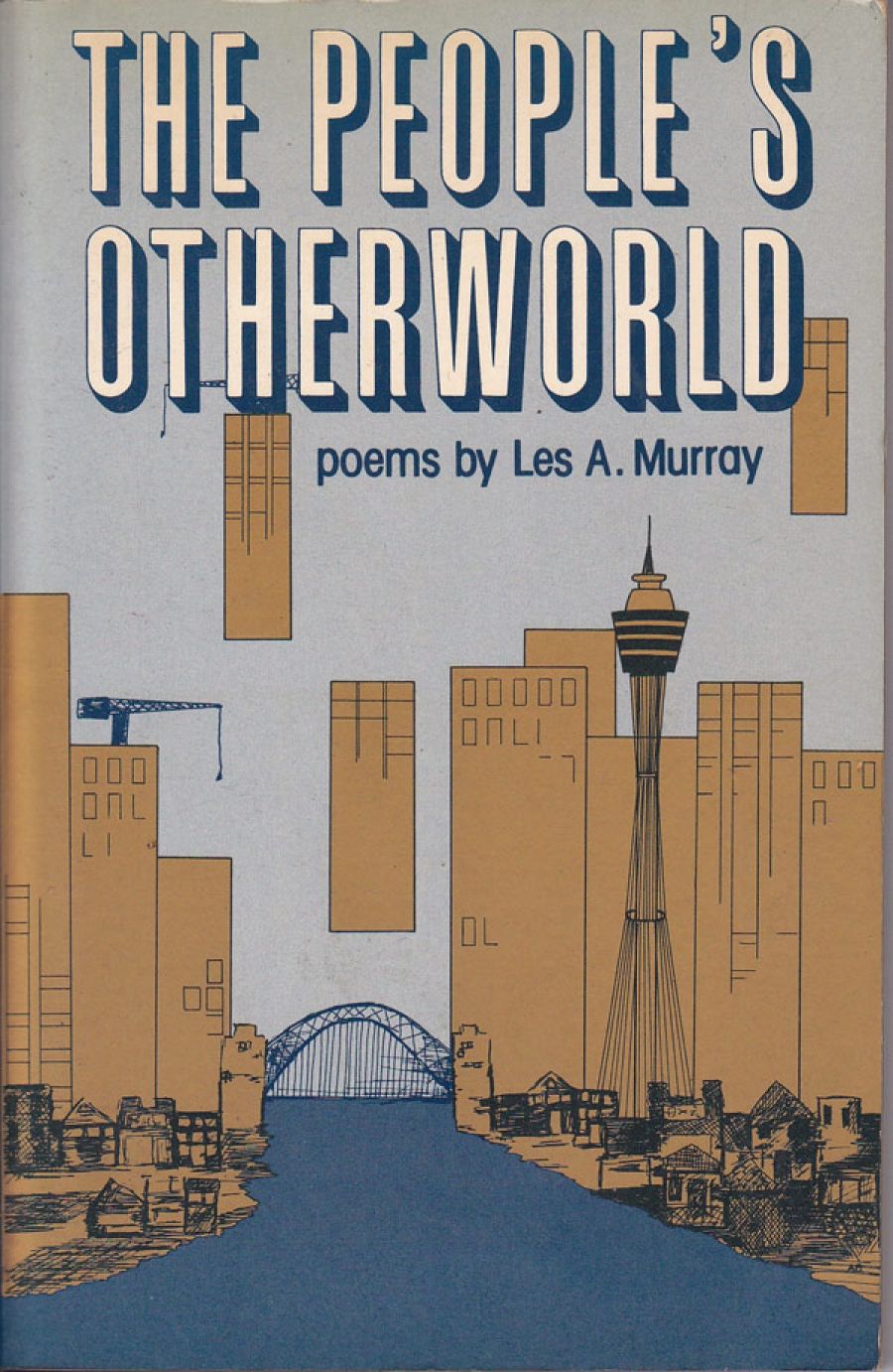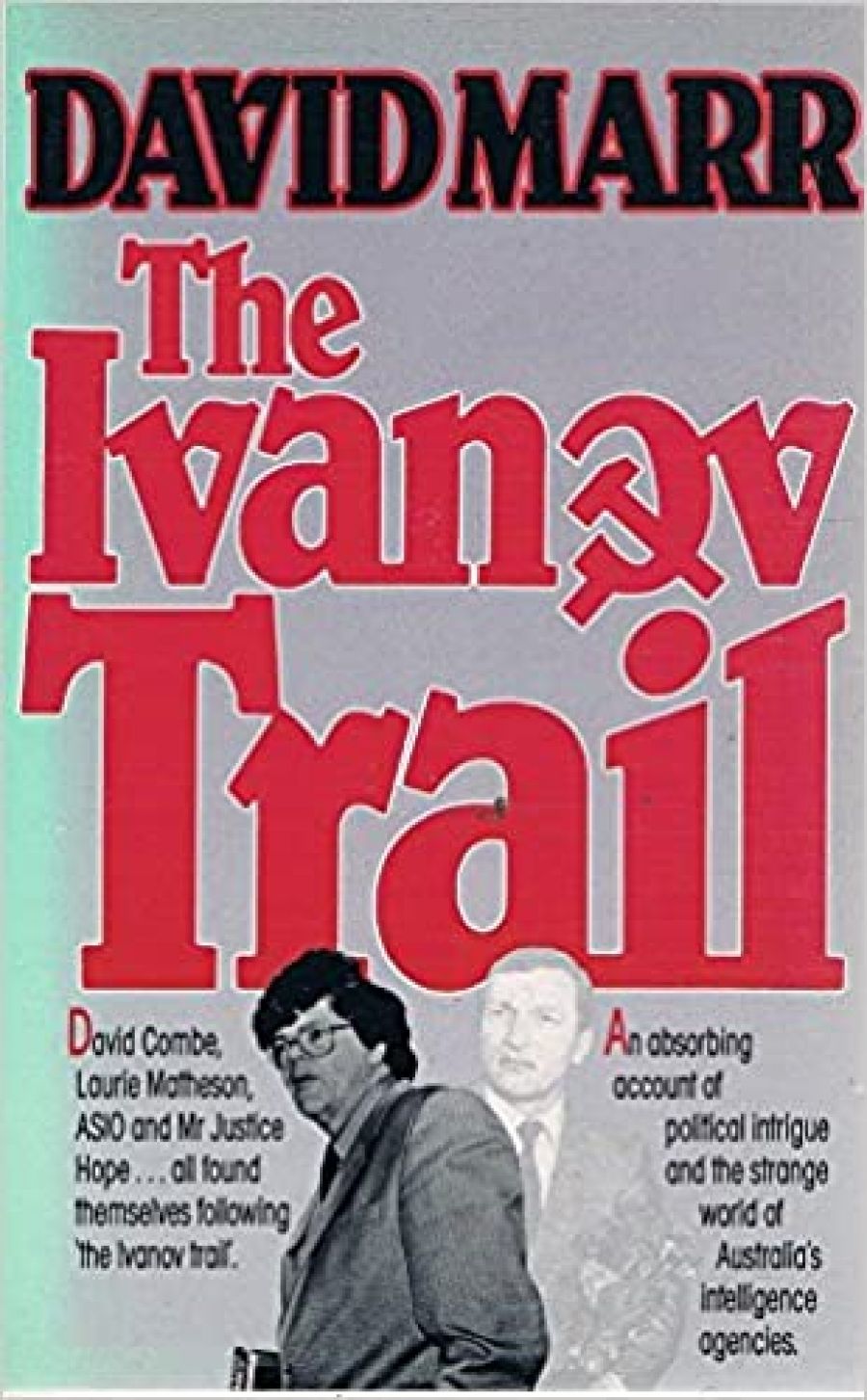
- Free Article: No
- Contents Category: Essay Collection
- Review Article: Yes
- Online Only: No
- Custom Highlight Text:
On Hydra last year an old grocer wound up his reminiscences of George Johnston and Charmian Clift with a tolerant grin. ‘They both drank a lot,’ he told me. ‘They had to – yia na katevei i skepsi.’ For the thought to be let down: he used the same verb as for a cow letting her milk flow. ‘They drank a lot; they wrote a lot of books.’ He shrugged.
- Book 1 Title: Strong-man from Piraeus and other stories
- Book 1 Biblio: Thomas Nelson, $16.96 pb, 192 pp
- Book 2 Title: The World of Charmian Clift
- Book 2 Biblio: Collins, $14.95 pb, 255 pp
- Book 2 Cover Small (400 x 600):

- Book 2 Cover (800 x 1200):

- Book 2 Cover Path (no longer required): images/1_Meta/Socials/JanFeb2020/nb_0567.jpg
On Hydra last year an old grocer wound up his reminiscences of George Johnston and Charmian Clift with a tolerant grin. ‘They both drank a lot,’ he told me. ‘They had to – yia na katevei i skepsi.’ For the thought to be let down: he used the same verb as for a cow letting her milk flow. ‘They drank a lot; they wrote a lot of books.’ He shrugged.
The old hands are used to Australian pilgrims. Twenty-five years ago, the Johnstons’ life on Hydra was already ‘intriguing and disturbing’ Australian tourists off the ferries, eager to stare at them, as David Meredith comments sourly in Clean Straw for Nothing, in ‘this brightly-tinted rotogravure world we inhabit’. It’s twenty years since the family returned to Australia. Clift died in 1969, Johnston in 1970, with his Meredith trilogy unfinished. The legend, though, far from dying with them, keeps growing, independently of what Meredith reveals of their despair; as legends do, I suppose, taking the form our dreams require them to. The dream of escape, in this case: escape at any cost. (‘I fly with Icarus, not with Daedalus, ‘Meredith’s artist friend said. So did Meredith – and Johnston, and Clift – and sank with Icarus.)




